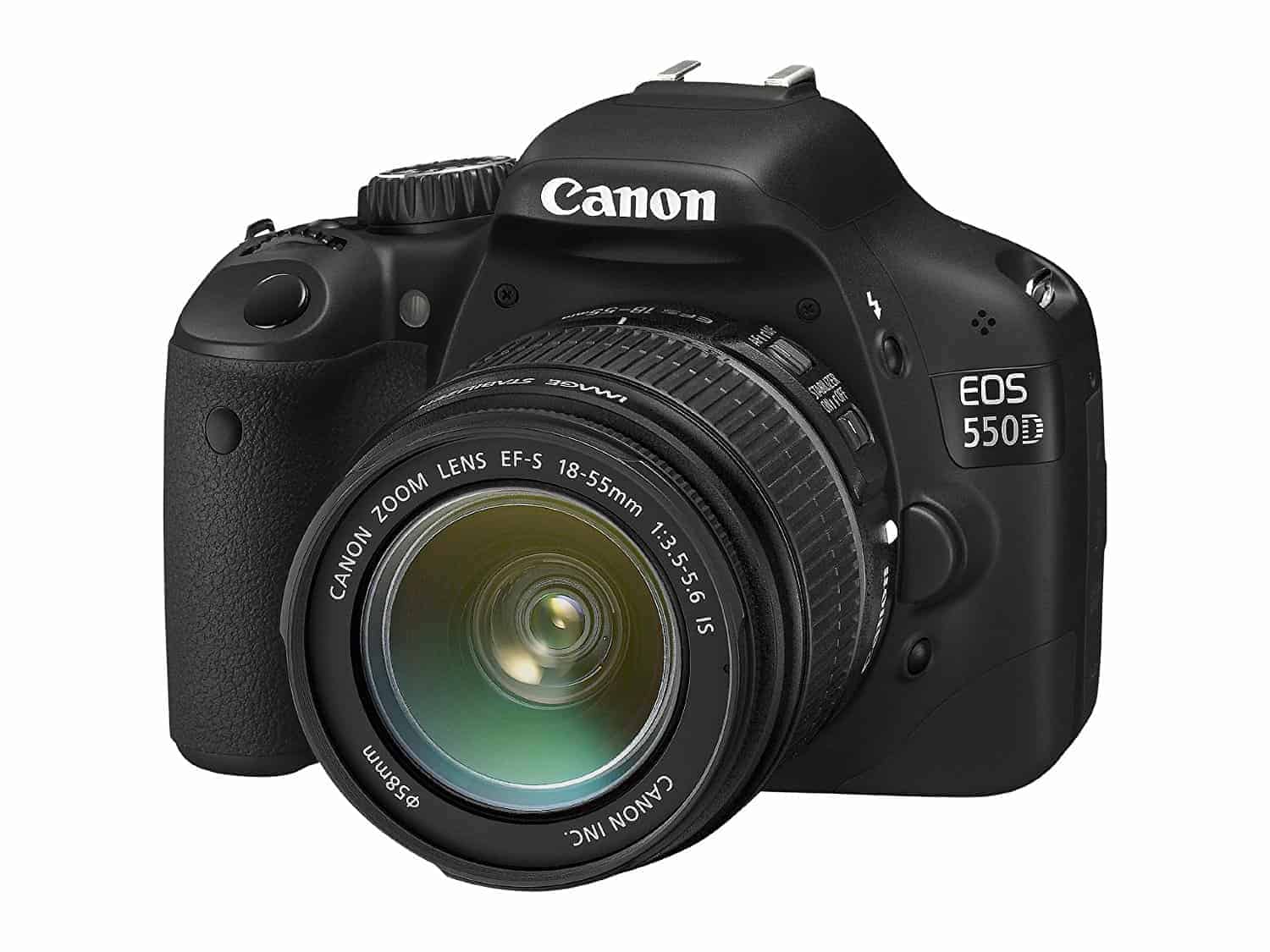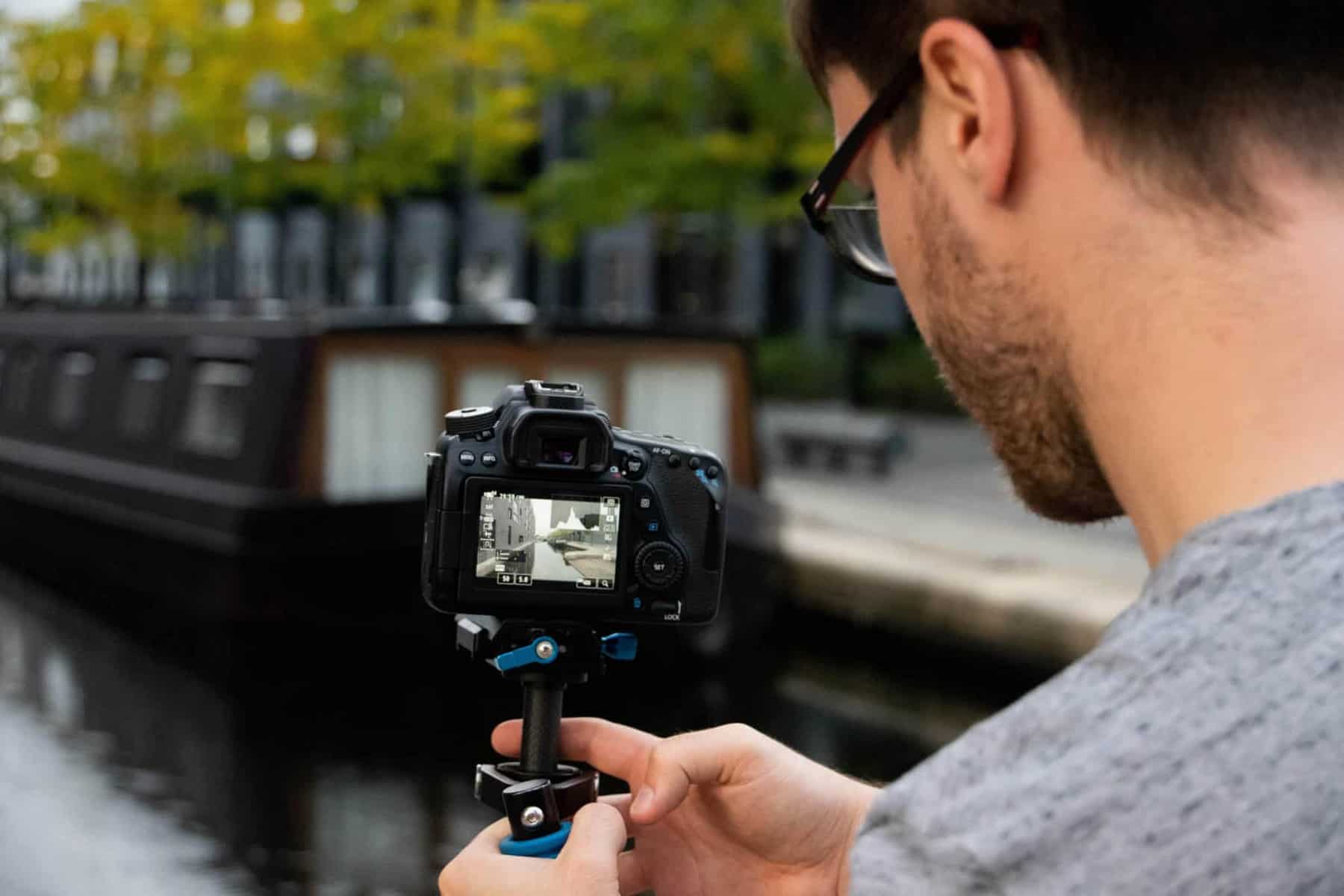Starting out in the world of video can seem like a daunting task. Which camera do you buy? What location should you shoot at? How long will it be until someone nominates you for your first Oscar? All of these are worthy thoughts to lose sleep over, however, here at Glacé Media we don’t want you to lose a wink. So, to ease you into the world of video production here are some basics to ease you in, straight from our base in Manchester.
Starting With Equipment
Firstly, let’s address equipment. After all, you can’t film a video if you don’t have a camera. Although the big film and video production studios have huge cameras flying around massive purpose built sets, it doesn’t mean you have to splash out to start producing quality video content. We’re not going to lie, you’re are going to have to put your hand down the back of the sofa and dig out a few pennies, but with a good base of video equipment, you’d be surprised just what results you can get.
When starting out, it should be more a matter of what you don’t need from a camera rather than what you do need. Time and time again we see people throwing big money at a fancy camera that they haven’t got a clue how to use. At the beginning you don’t need to be shooting in 4K, it might sound like the in thing, but if you’re just going to be using your footage online then 1080p is all you need to be worrying about. Cut the extra features you don’t need, you’ll save money and you’ll find you can dive straight into filmmaking without swimming through a sea of confusing video features.
What camera should I get?
As I’ve just mentioned, you don’t need to be buying beyond what you need. As long as you are buying a solid base model of DSLR from a reputable brand, then you’ll have all the features you need to make quality video that can be used online. As a starter camera we’re a big fan of the Canon 550D. It’s shoots 1080p, which at a beginners level is just what you need. It’s a solid camera from a top brand which you can pick up and start rolling. If you do want to splash a little extra, we’d recommend the Canon 600D. There are a few extra nice features, however, the 550D will still give you enough to start rolling.

Big tip: Don’t be afraid to buy second hand. Refurbished models are pretty easy to get hold off and you’ll find big savings on these. Furthermore, videographers more often than not take pride in their gear. So if you are buying second hand, there are plenty of cameras out there in top condition that people will be looking to sell. Go on, buy second and save yourself some money.
What extra gear do I need?
Ok, so you’ve got your camera, but with just a few extra you’ll be able to boost your video production quality massively. Firstly, a tripod. The essential for every videographer. You don’t need to go crazy when buying one, but we’d recommend spending at least £30 on your tripod. Shaky footage is the last thing that you want, so making sure you’ve got a solid base is key.
On top of this, a small LED light panel will splash a little bit of extra lighting on your shots and help you in darker situations. Even if you were to buy yourself a full professional lighting set-up, they aren’t exactly the most portable bits of kit. A nice small portable panel will give you just what you need to boost the production quality.
Finally, one small investment that we believe will give you the biggest return when it comes to upping the production quality is a slider. You can end up spending thousands on these, but for around £50, you’ll be able to find yourself a good one to get you going. A slider allows you to add some movement to static shots. This is a basic technique, but is highly effective and is what separates you from a photographer. So for that extra bit of cinematic visual intrigue, we highly recommend adding a slider to your kit bag.
Editing Software
To the untrained eye, editing software looks like something from the dash in a NASA (or these days should I say SpaceX) spaceship. This is why when it comes to software, we’d give the same advice as for your camera equipment, start simple.
The top editing software can do all kinds of amazing things, however, to really make the most of these you need great cameras, a high end computer and most importantly, experience making films. So, there is nothing wrong with starting off with basic software such as iMovie and working your way up.
Check out this Youtube video that was edited with iMovie to show just what can be achieved.
It is most important to grasp the fundamentals of video before you start playing around with colour grading and fancy transition effects. Work the basic software as hard as you can and you’ll feel when it’s time to upgrade. When you are ready to do things beyond the capabilities of your current software then you know it’s time to upgrade.
When this time comes, a gradual step up would be software such as HitFilm. This will give you more features than you were previously working with and allow you to experiment a bit more. However, if you are feeling ready to fully dive into editing, we can’t look beyond the Adobe package. Premiere Pro and After Effects are our bread and butter and will allow you take gather everything you’ve learned and take it to the next level. Monthly payments for the Adobe Creative Cloud can stretch up to £49 per month, which is a bit pricey, however there are plenty of reduced rates, especially if you’re a student, so make sure you get on these. Regardless this will give you access to everything there is Adobe and enable you make some seriously cool stuff.
Gaining Experience
Ok, so you’ve gotten familiar with your gear, knocked out some super cool edits on your wizzy software, but now it’s time to get out there. A good videographer is made through their experiences. Yes we all want to shoot the next Oscar winning epic to rival Spielberg, but like all creative outlets, there is so much variety out there. Don’t shy away from a job! When starting out, be up for filming anything, it may turn out terribly or you may find you’re absolute niche in filmmaking. Plus, the journey will bring you and your camera closer and you may learn something about it you didn’t know before.
Work for free. Yes, this does sound a bit exploitative, but if you wait around for a big pay day, you’ll be waiting a long time. Plus, when it does come all the videographers around you will have gained so much more experience than you. That isn’t too say let people take advantage of your talents, but when you lack a portfolio, it is hard to sell your services. Speak to local businesses, friends or schools and universities and see if they want a video filming. It’ll allow you to hone your craft, while at the same time building that all important portfolio. Before you know it the job will start rolling in.
Finally and most importantly, stick at it. There will be times when an edit doesn’t feel like it’s coming together or you’re filming someone drone on about how great their car wash business is, but trust me, the grind will be worth it. Inspiration comes from all areas, whether it be a Youtube tutorial, a trip to the cinema or moments of contemplation in the shower, pursue every thought and idea. The famous industry line is that the only thing worse than a bad film is a film not made. It’s your ideas that will make you, so make friends with them and soon they will reward you with an epic video.
If you want some inspiration to get you started, check out the Glacé Media showreel to get your creative juices flowing.
